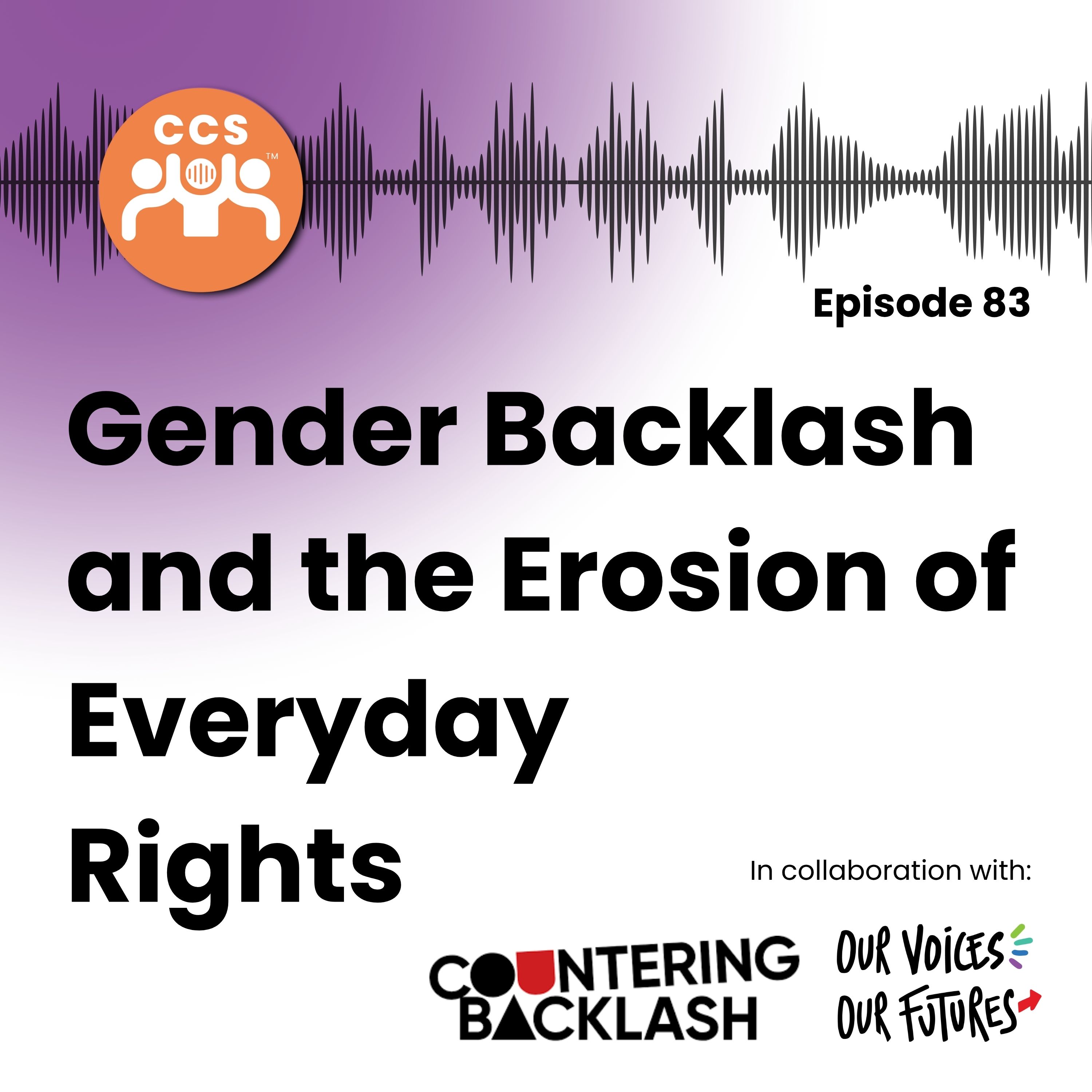View Transcript
Episode Description
We explore how gender backlash deepens the marginalisation of sex workers in Bangladesh, affecting their access to health, justice, and basic rights. Featuring the voice of a sex worker and insights from gender justice advocates, we examine how shrinking civic space and growing stigma are putting lives at risk—and what can be done to resist. Part of our mini-series Backlash, Resistance, and the Path to Gender Justice.
In this episode:
Afsana - Committee Member, Kallanmoyee Nari Shongho
‘Afsana’ has been an executive committee member of Kallanmoyee Nari Shongho since 2021. She has been actively engaging with sex workers’ health and rights through HIV prevention work since 2012.
Nazia Zebin - Communications Manager, BRAC James P Grant School of Public Health
Nazia is an advocate for gender justice and inclusion. She brings over a decade of experience in social justice initiatives, specialising in strategic communication, digital safety, and feminist leadership.
Kamrun Nahar – Director, Naripokkho
Kamrun is a human rights lawyer and Director at Naripokkho, with over 30 years of experience advancing legal reform and justice for women in Bangladesh. Her work spans legal aid, policy advocacy, and capacity strengthening to challenge structural discrimination and promote gender equality.
Useful links
- CREA - Feminist Human Rights - Our Voices Our Futures
- Countering Backlash - Reclaiming Gender Justice
Takeaways:
- The podcast elucidates the alarming rise of backlash against gender equality efforts that negatively impacts health outcomes worldwide, particularly for marginalised groups.
- Afsana's narrative underscores the urgent necessity for recognising the rights of sex workers, highlighting the dire consequences of systemic support withdrawal.
- The conversation emphasises the importance of amplifying the voices of silenced women, as seen in the initiatives aimed at empowering sex workers in various countries.
- The discourse reveals a growing trend of societal and legal exclusion faced by sex workers, drawing attention to the interplay between stigmatisation and access to essential services.
- The episode advocates for collaborative efforts among marginalised communities to combat patriarchal backlash and to promote equitable access to justice and health services.
- The importance of a paradigm shift in societal perceptions towards sex work is highlighted, advocating for dignity, legal protection, and the elimination of stigma surrounding sex workers.
Want to hear more podcasts like this?
Follow Connecting Citizens to Science on your usual podcast platform or YouTube to hear more about current research and debates within global health and development.
The podcast cuts across disciplines, including health systems strengthening, gender and intersectionality, tropical diseases (NTDs, TB, Malaria), maternal and child healthcare (antenatal and postnatal care), mental health and wellbeing, vector-borne diseases, climate change and co-production approaches.
If you would like your project or programme to feature in an episode or miniseries, get in touch with the producers of Connecting Citizens to Science, the SCL Agency.
